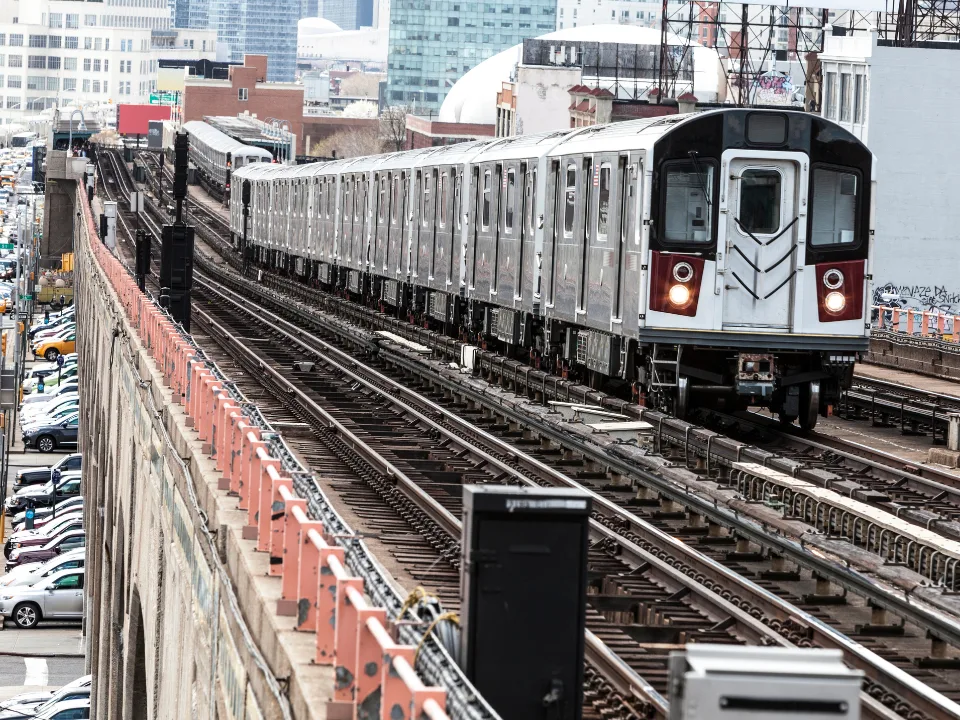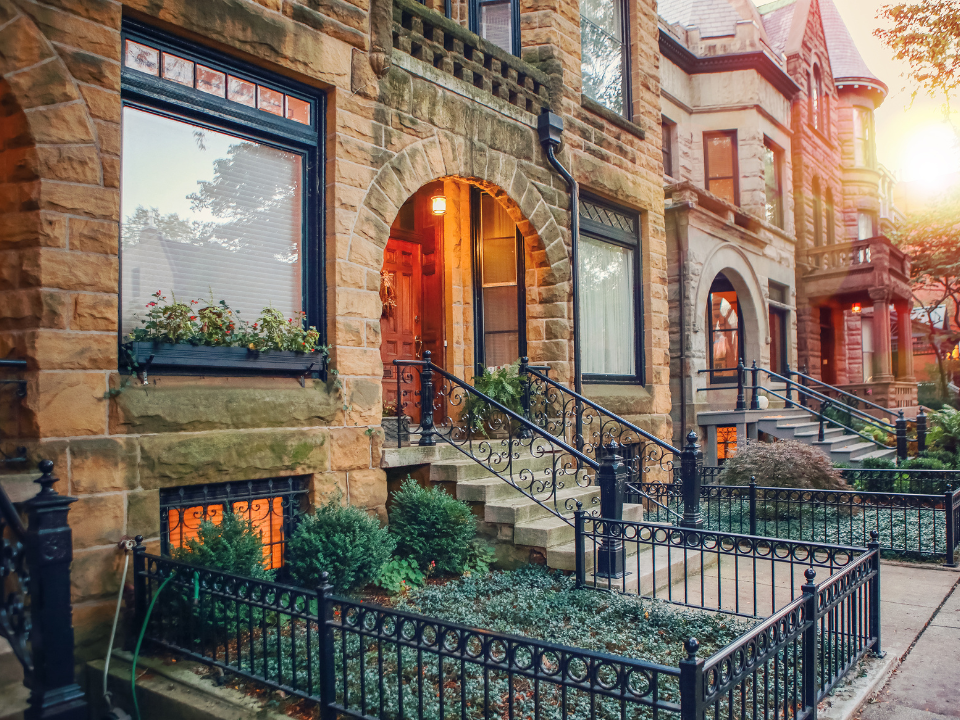- Chicago and its suburbs now rival Miami as the hottest rental market, with a surge in demand driven by corporate relocations and expansions, according to RentCafe.
- Chicago saw its ranking jump from 16th to 1st place, as apartments are typically leased in just 33 days, attracting an average of 16 renters per unit.
- Miami saw a decline in several rental market metrics, including lower renewal rates and fewer applicants per unit, as the Northeast and Midwest rental markets gained ground.
Chicago’s rental market is rapidly heating up, posing a serious challenge to long-dominant Miami, as reported in GlobeSt.
According to RentCafe, suburban Chicago led the list of hottest rental markets after a strong summer season, tying with Miami for the top spot.
New Contender
For the first time, Chicago matched Miami’s dominant market status, spurred by a wave of corporate relocations and expansions that propelled the city up 11 places from its previous 16th spot.
Apartments in the Chicago suburbs are in especially high demand. Vaulted units are typically rented in 33 days, 6 days faster than the national average. Each available unit attracts about 16 prospective renters, reinforcing the market’s intense competition.
Suburban occupancy rates also reached 95.6%, signaling a strong interest in the city and surrounding areas.
Cooling Down
Meanwhile, Miami remains competitive but experienced some declines. The city saw fewer renters vying for units, down to 18 applicants per apartment from 25 last year.
Additionally, lease renewal rates dropped slightly, with 71.5% of renters choosing to renew, compared to 73% last summer.
Although Miami still filled units quickly, averaging 32 days on the market, it faces stiffer competition from rising markets like Chicago.
Changing Landscape
This shift marks a broader change in America’s rental market, as the Midwest and Northeast increasingly challenge traditional hotspots like Florida.
Nationally, apartment occupancy slipped to 93.7% from 94% last year, and vacant apartments took longer to rent, averaging 39 days compared to 37 a year ago.
With Chicago and Miami now neck and neck, renters may soon have even more options nationally for the right balance of affordability, amenities, and job opportunities.
















